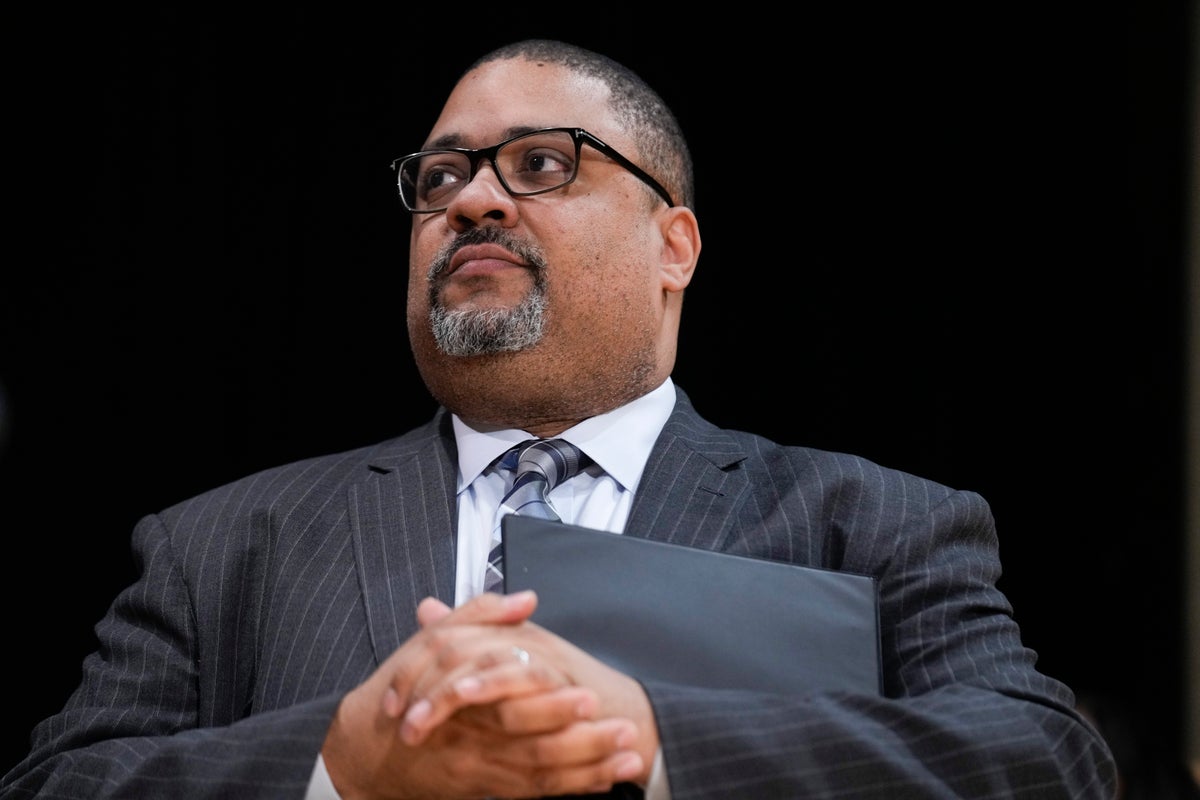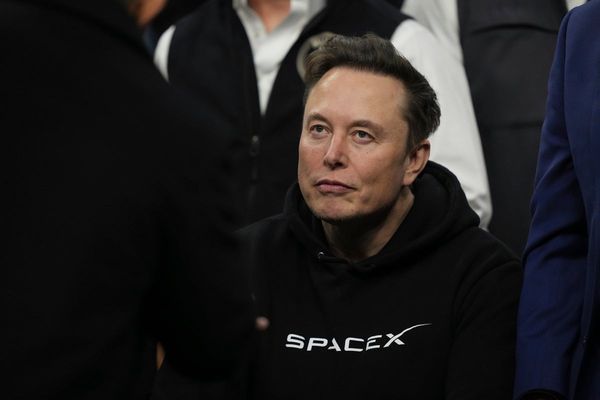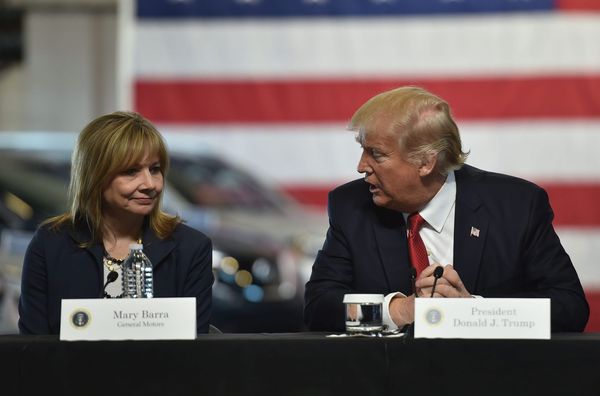
A grand jury convened for a New York investigation into Donald Trump’s so-called hush money payment to an adult film star during his 2016 presidential campaign may not be meeting at all this week, after the former president predicted his looming indictment and arrest in connection with the case.
The grand jury was reportedly told not to appear on 22 March, and it is unlikely that the group will meet at all this week, according to Insider, which first reported the delay. The New York Times also has confirmed the timing, reporting that a potential indictment would come on Thursday at the earliest.
The grand jury has met on Mondays, Wednesdays and Thursdays to consider evidence involving the former president’s role involving a $130,000 payment to Stormy Daniels that prosecutors at the New York County district attorney’s office reportedly allege was an illegal campaign expenditure.
Though such delays are not unusual, a last-minute cancellation of the grand jury’s appearance calls into question when or if Mr Trump will face an indictment, as the former president continues to reject any allegations of wrongdoing while he enlists his supporters to protest the decision.
Mr Bragg reportedly told the grand jury to be on standby for Thursday, according to NBC New York.
The office of Manhattan district attorney Alvin Bragg could not confirm or discuss grand jury matters to The Independent.
Grand juries convene in secret, and prosecutors are statutorily barred from discussing their actions. It is unclear whether the panel will hear from other witnesses. Details concerning the timing of the highly scrutinised case and potential charges, which could mark the first-ever criminal indictment of a former president, are largely unknown.
Following the conclusion of witness testimony, prosecutors will explain charges and present the case to the jury for a vote. The earliest that could happen, if jurors are not meeting on Wednesday, would be Thursday.
An arrest and an arraignment, in which Mr Trump would be formally charged in a court proceeding, would likely not immediately follow an indictment, to which a majority of the 23 jurors must agree.
But the former president’s furious, all-caps prediction on Truth Social that he would be arrested on 21 March has sparked a media frenzy and drawn his allies to launch an offensive, accusing Mr Bragg and his office and other elected Democratic officials of mounting a politically motivated crusade against Mr Trump, who is running for the 2024 Republican nomination for president.
Mr Trump appeared to base his claims on news reports speculating a looming indictment. His team later clarified that he did not receive any indications from prosecutors that he had yet been charged or would be imminently arrested.
Federal, state and local law enforcement agencies have beefed up security measures and remain on high alert for potential threats following Mr Trump’s demand that his supporters “protest” an incoming decision to indict him. Barricades, members of Secret Service and uniformed New York City Police Department officers have surrounded Manhattan Criminal Court and Trump Tower, the midtown skyscraper that has served as headquarters for Mr Trump’s campaign and his Trump Organization.
Pro-Trump demonstrations in New York City have thus far been muted, with only handfuls of supporters showing up to protest.







